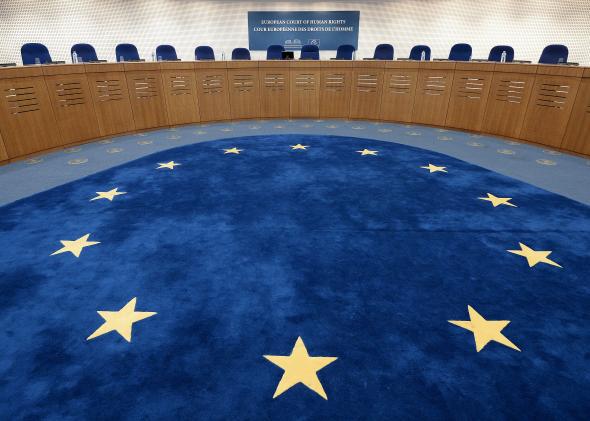Commenters, especially anonymous commenters, can get a little bit negative online. To say the least. But in the interest of promoting open discourse, places like the United States and the European Union have tended toward the idea that websites aren’t responsible for the junk their commenters post. For example, Section 230 of the United States’ Communications Decency Act says that a given entity isn’t the “publisher or speaker of any information provided by another information content provider.”
But the European Court of Human Rights ruled Tuesday that Delfi, an Estonian news website, can be liable for the anonymous defamatory comments readers post on its articles.
The news website published an article in 2006 about a ferry company called SLK. The New York Times reports that the piece racked up thousands of comments, many of which made negative, derogatory, and even threatening remarks about the company and its owners. SLK asked Delfi to delete the comments, and the site took them down six weeks later. Still, SLK took Delfi to court in Estonia, where the site was found to be liable and was fined a small amount. Then Delfi appealed to the higher court.
As the digital rights advocacy group Access points out, the decision is in conflict with the European Union e-commerce directive, which “guarantees liability protection for intermediaries that implement notice-and-takedown mechanisms on third-party comments.”
Ars Technica explains that the case would have most likely gone the other way in the Court of Justice of the European Union, because it has established important precedent protecting websites from this type of liability. But the Estonian court system prevented the case from going there, so it ended up in the European Court of Human Rights instead.
That court could have ruled that making websites responsible for anonymous defamatory comments is incongruous with the European Convention on Human Rights. For the Delfi comments in question, though, the court focused on how the extreme remarks amounted to hate speech. It said that as a professional news operation, Delfi could have managed them. The court also noted that Delfi did not take adequate measures to moderate its comments.
Free speech advocates worry that the ruling creates precedent for speech infringement and places unfair responsibility on organizations that are trying to productively promote discourse (like news outlets). “Holding organizations liable for user comments hampers freedom of speech,” Peter Noorlander, the chief executive of the Media Legal Defense Initiative, told the New York Times. “Comment sections are important. They allow for debate on issues of public interest and have become an integral part of online media.”
The ruling doesn’t immediately change any laws in the EU, but it could have long-term effects, maybe even in the United States. There have already been various initiatives to alter Section 230, and perhaps momentum from overseas could aid this effort.
